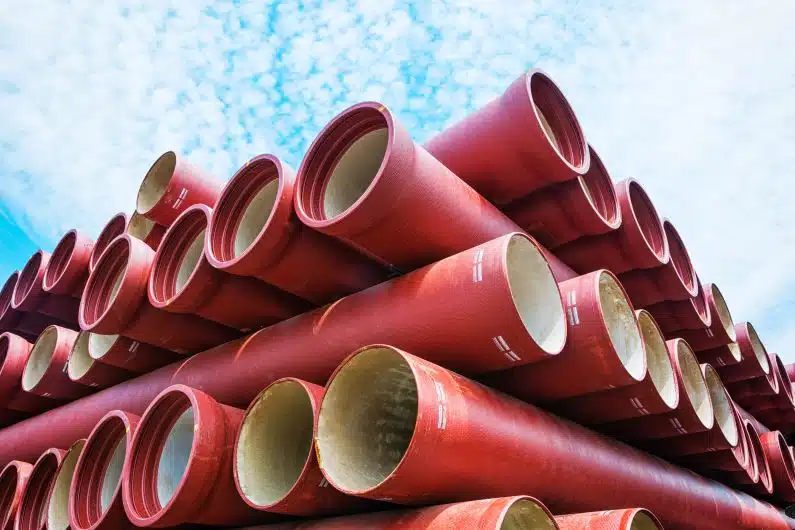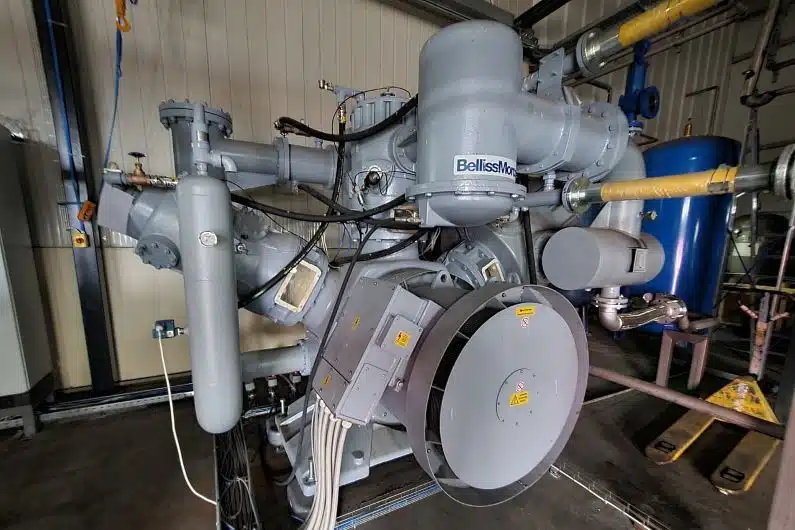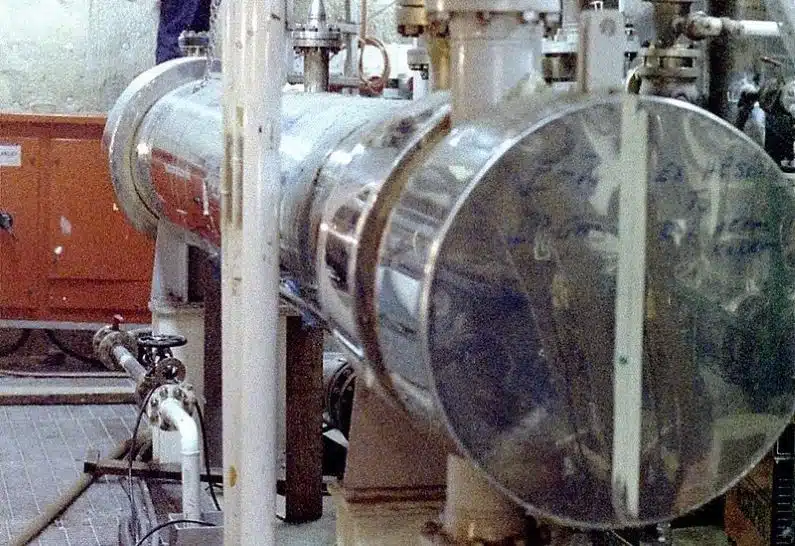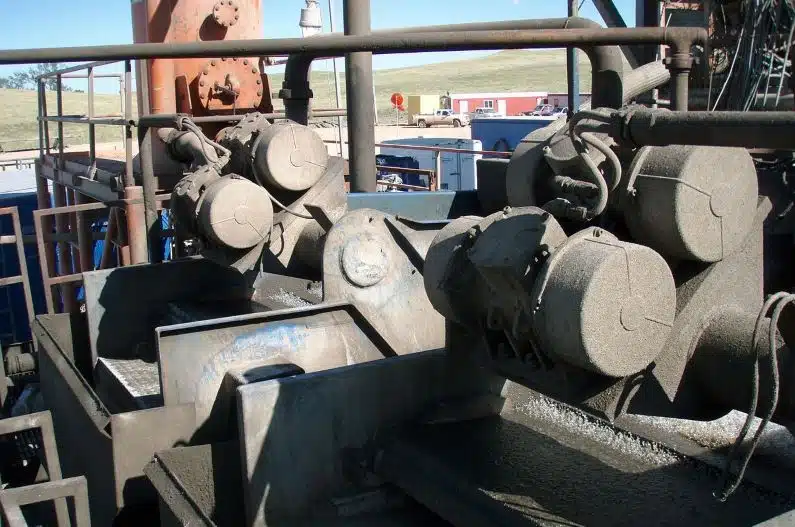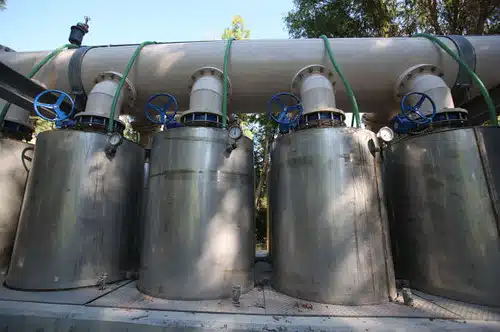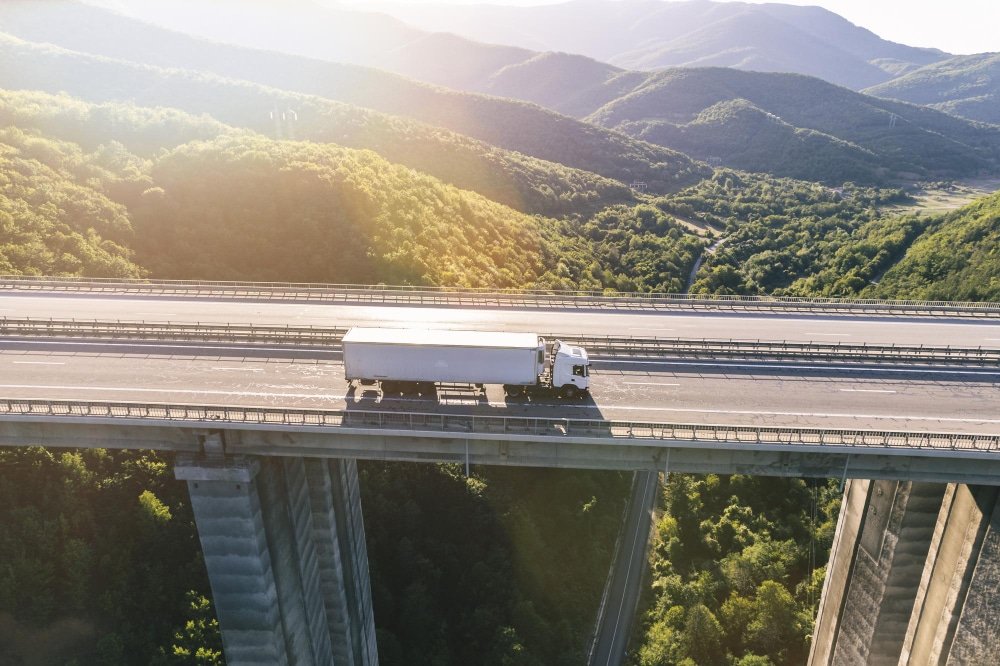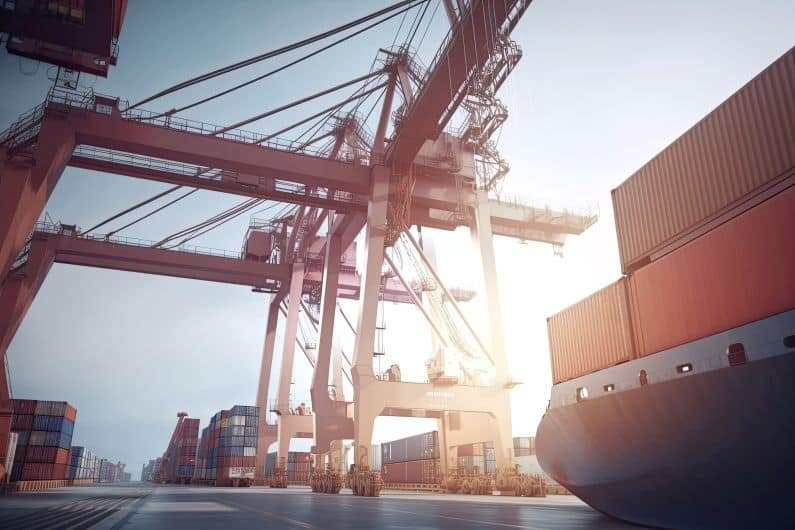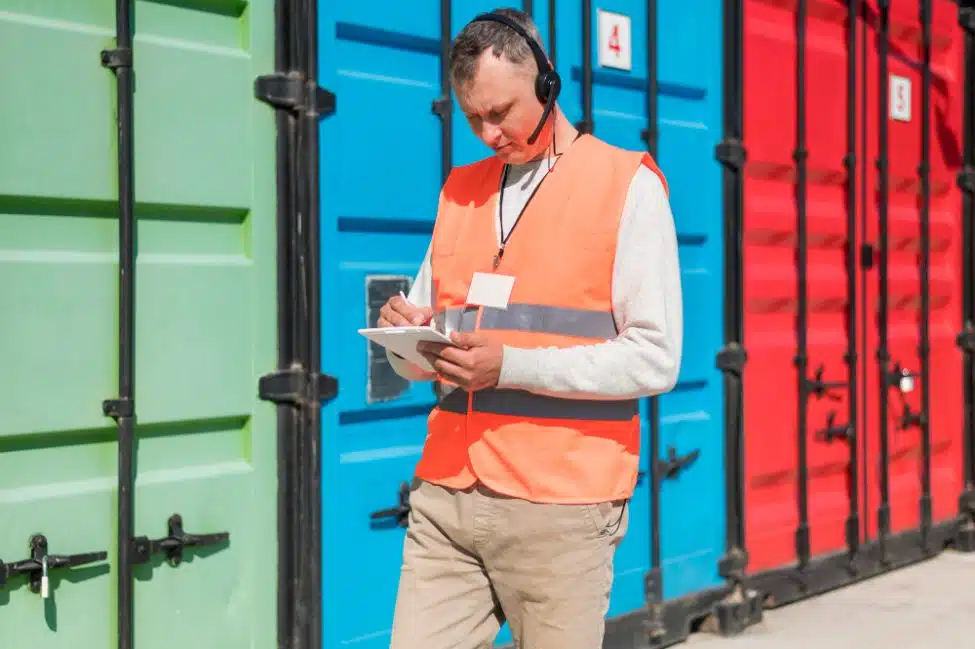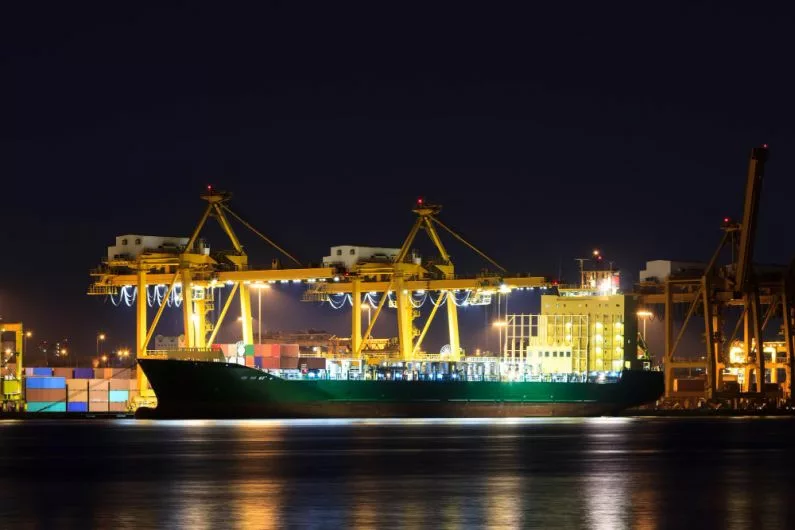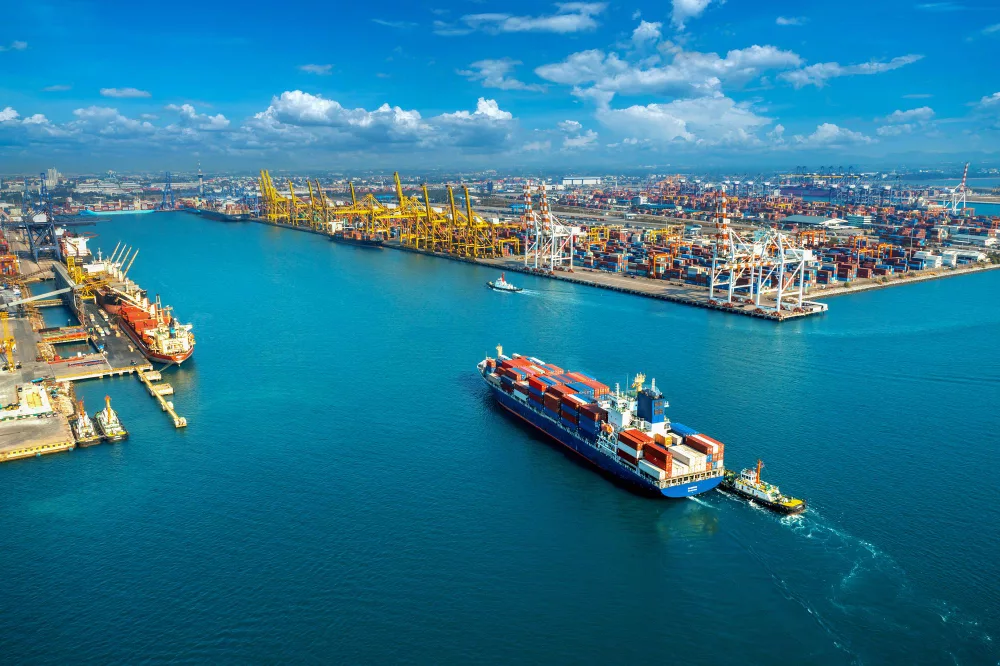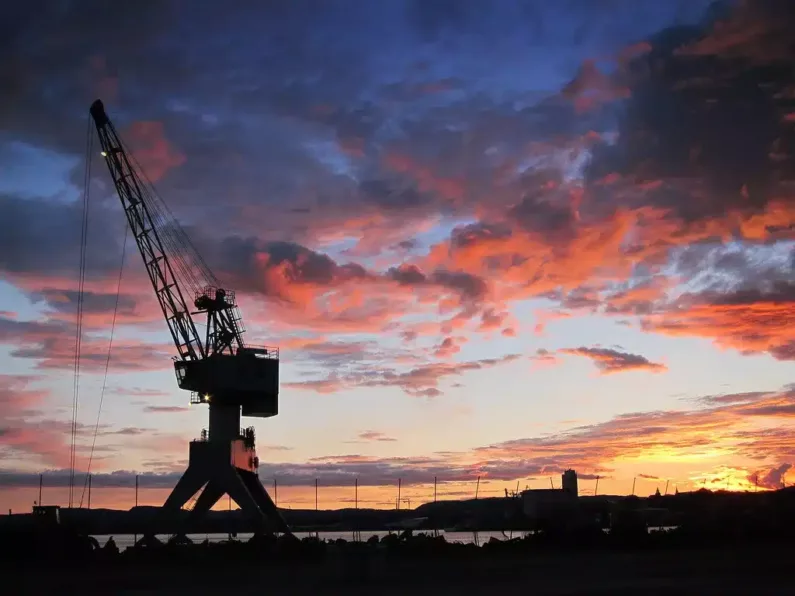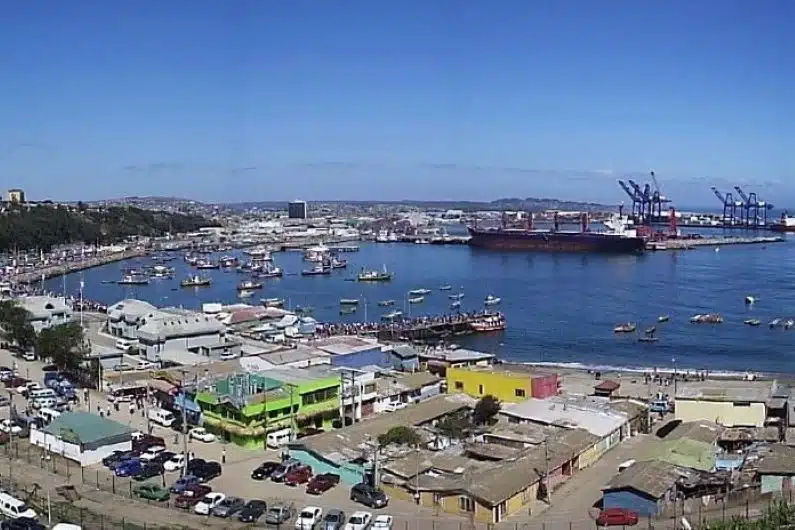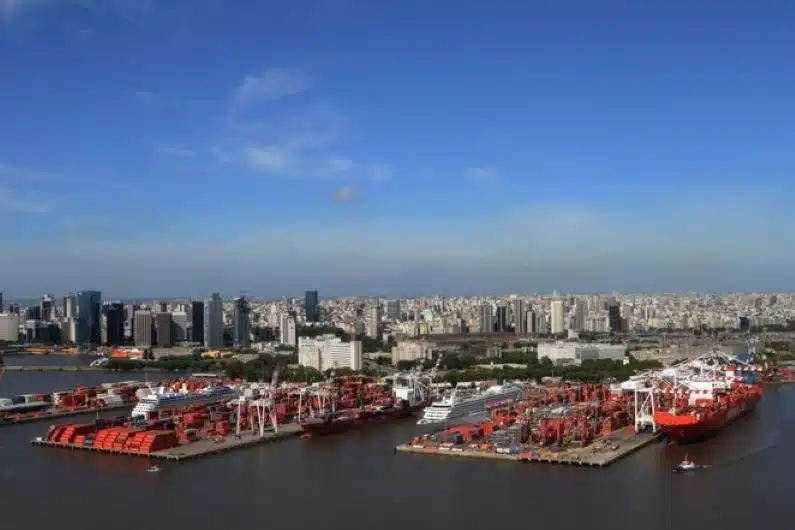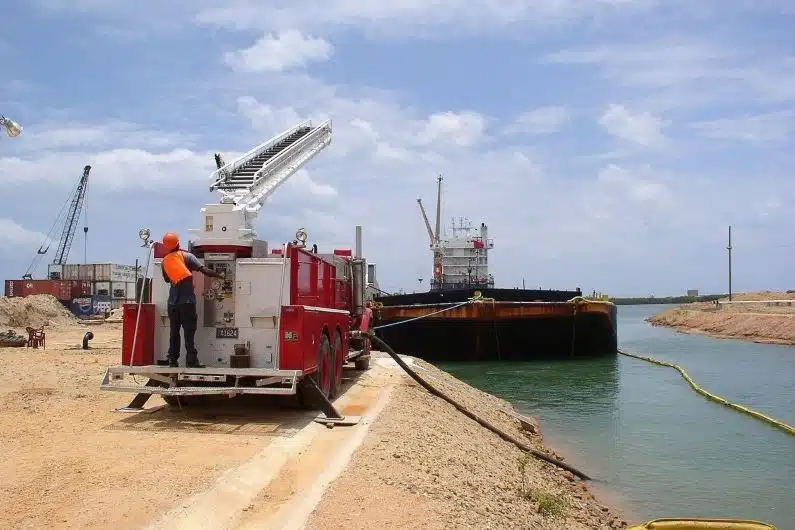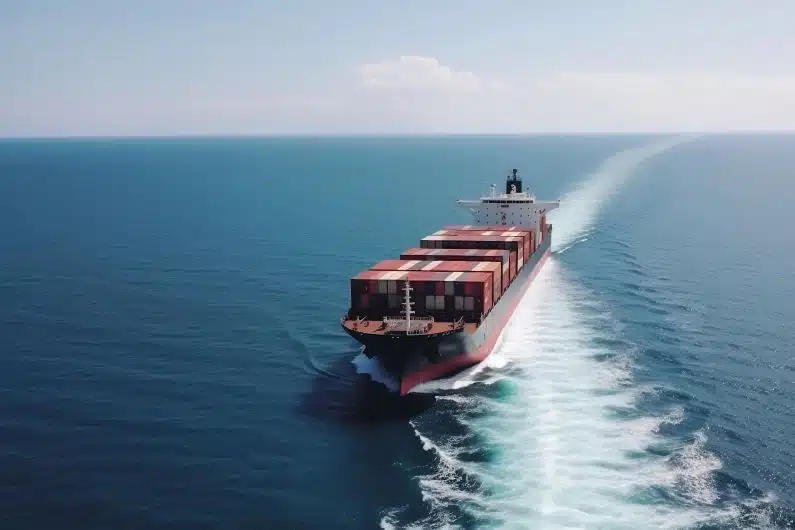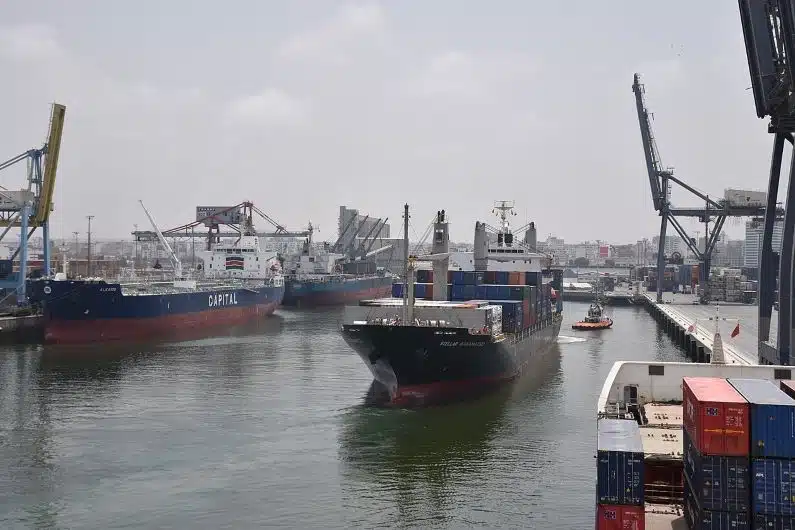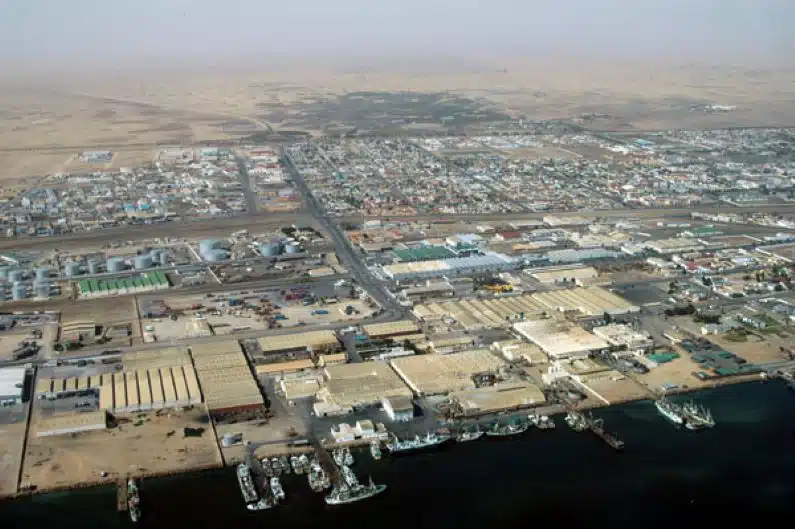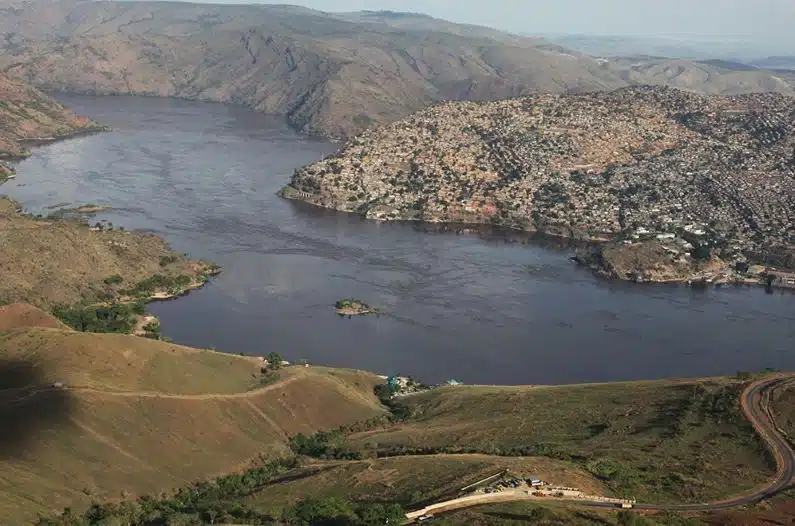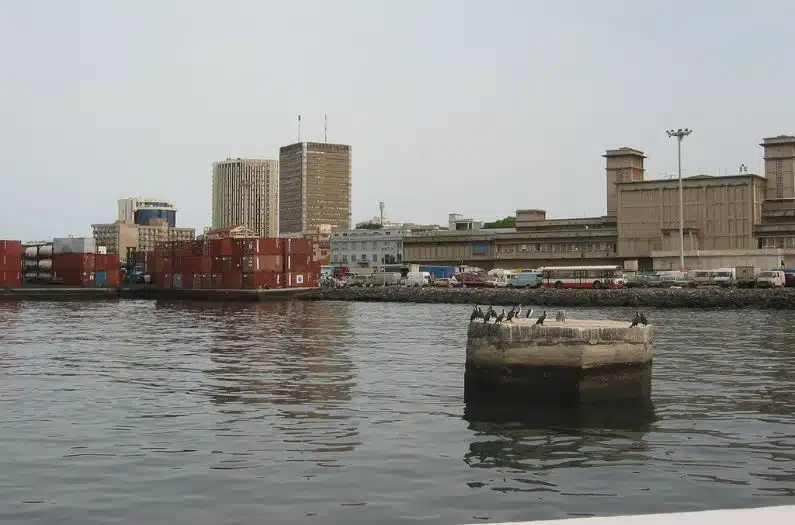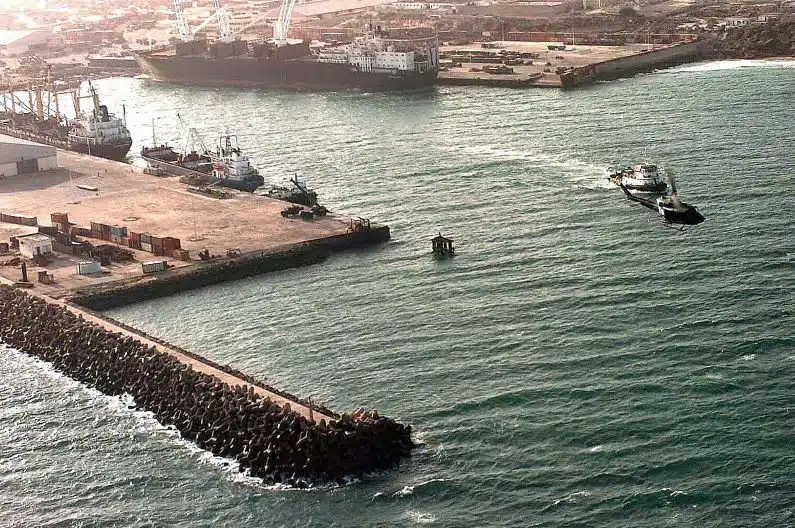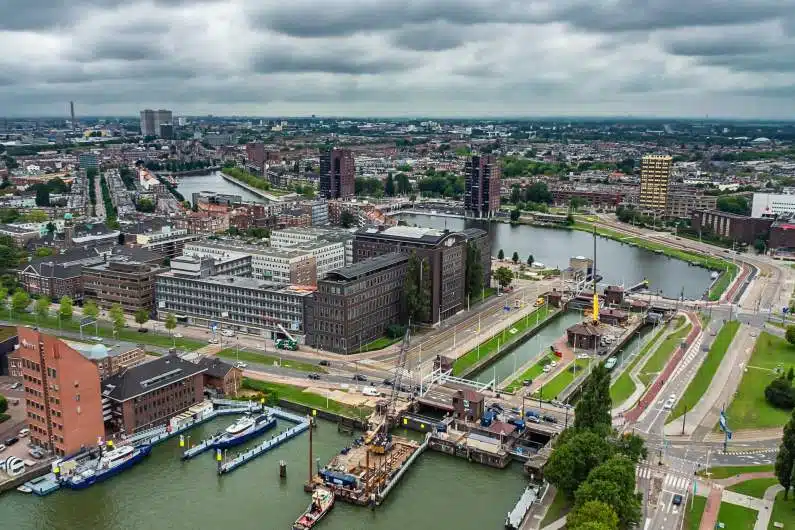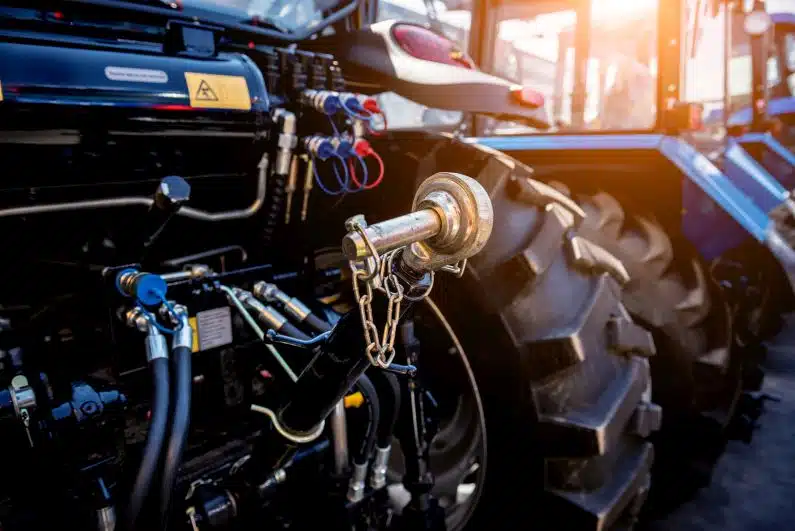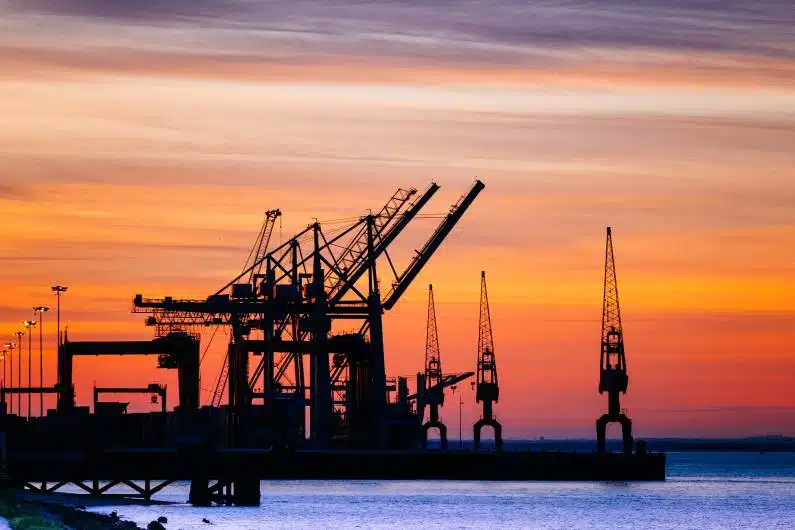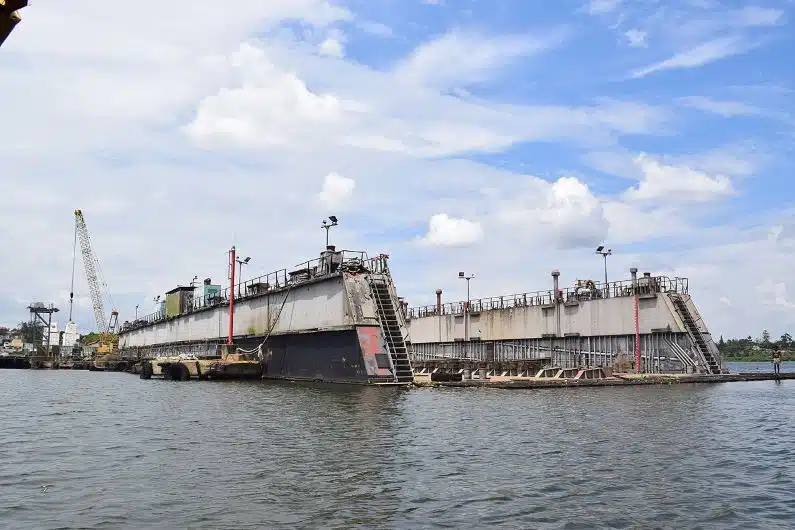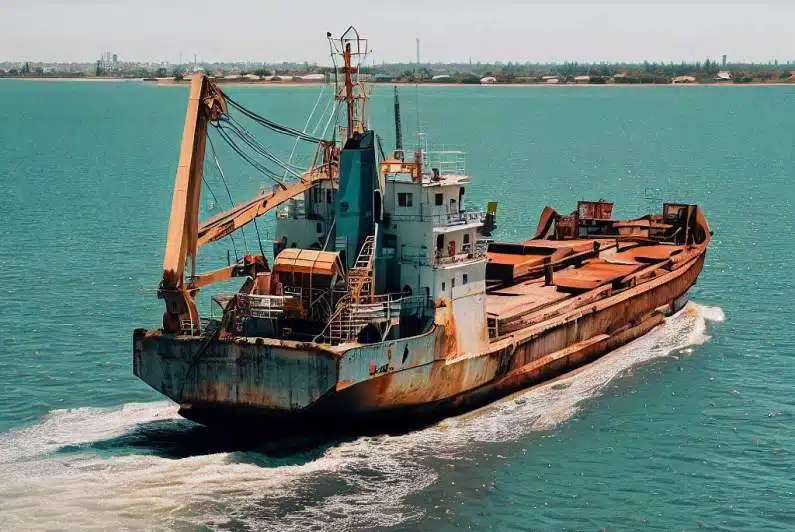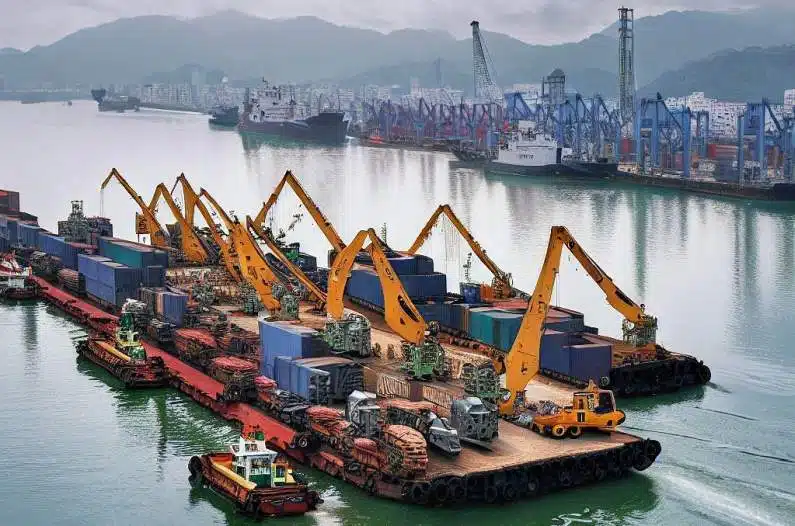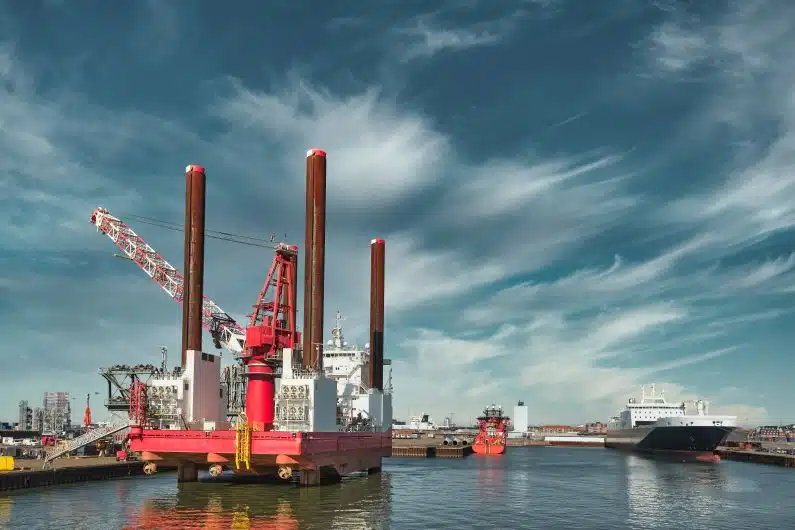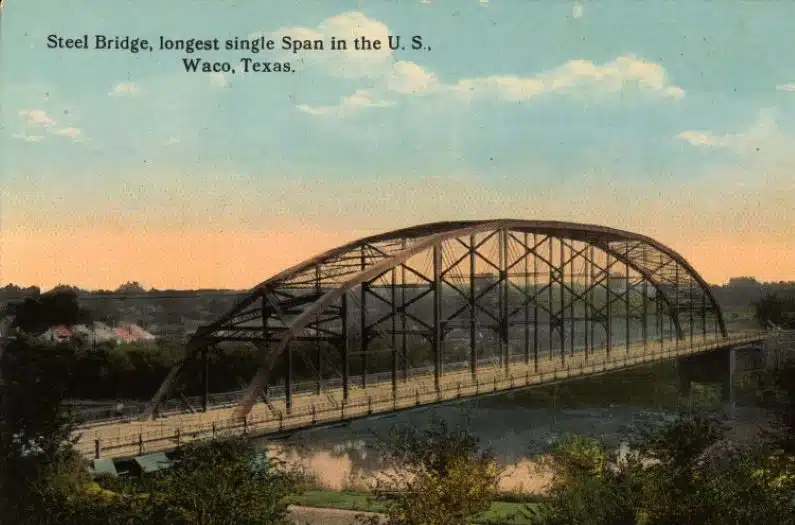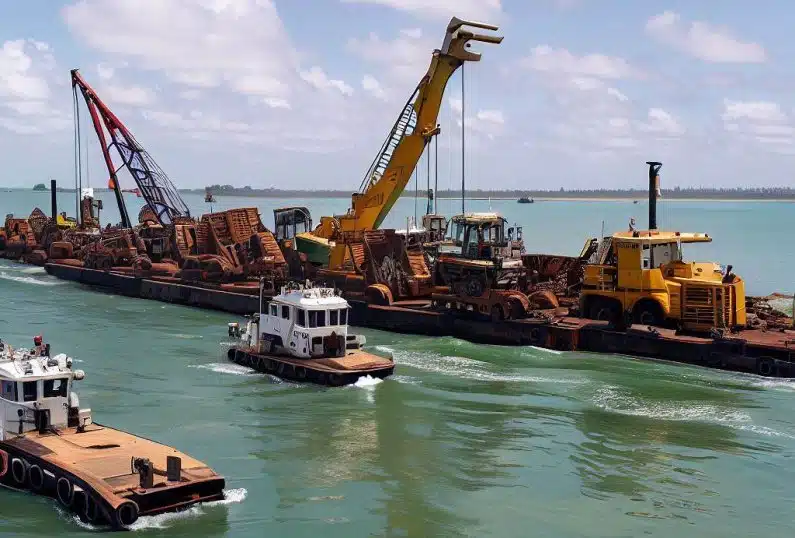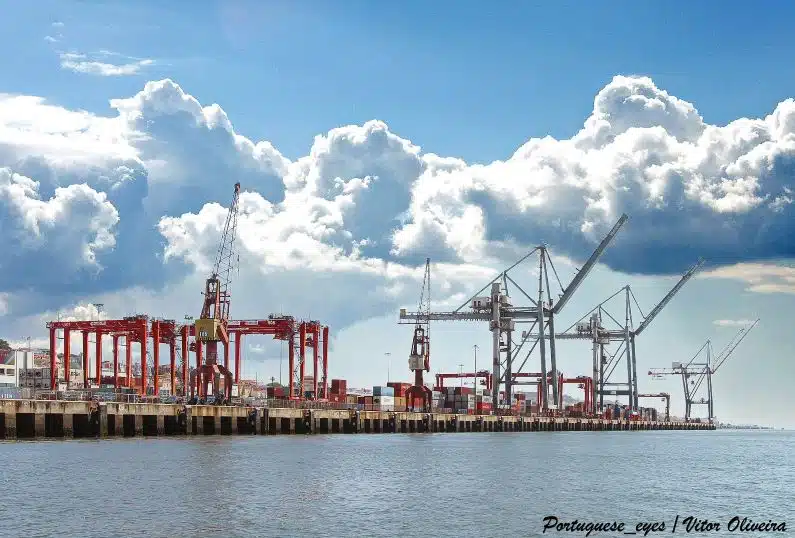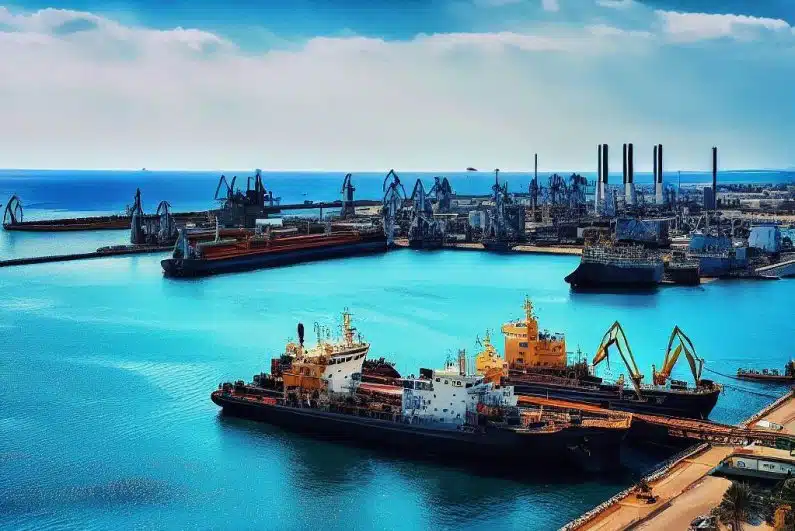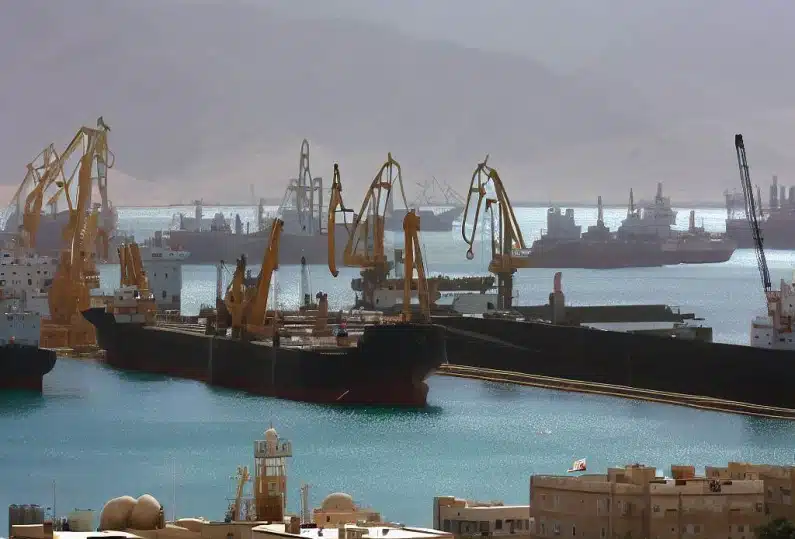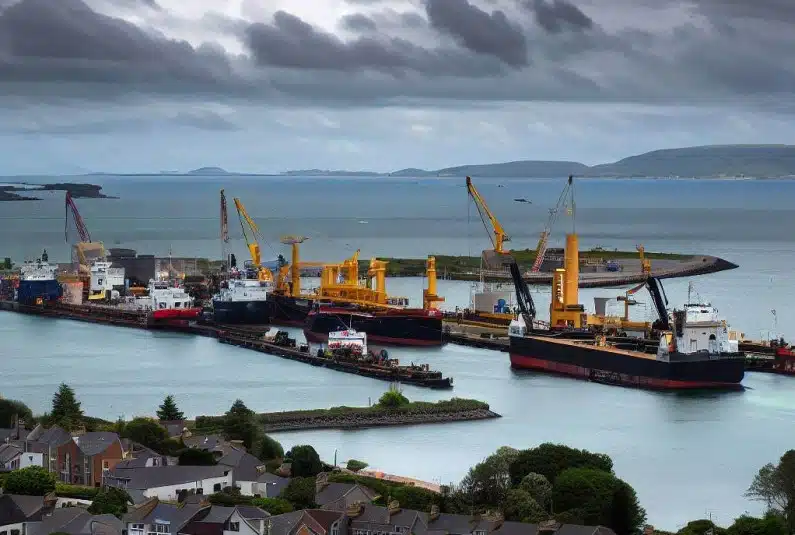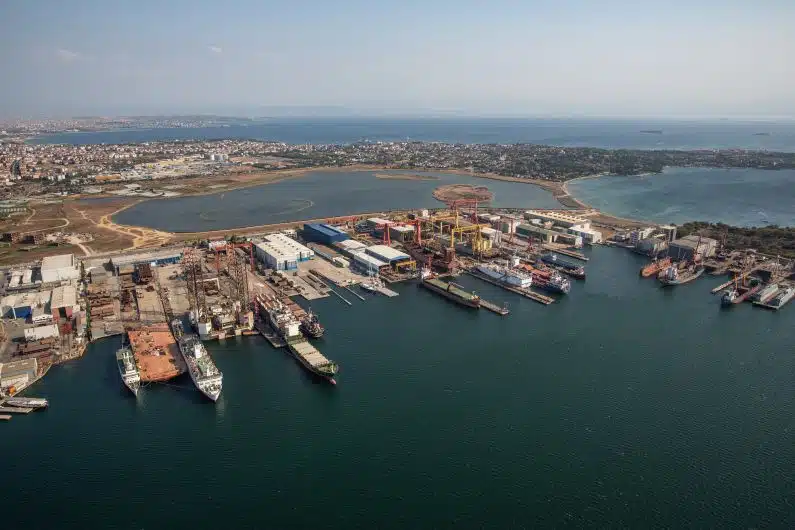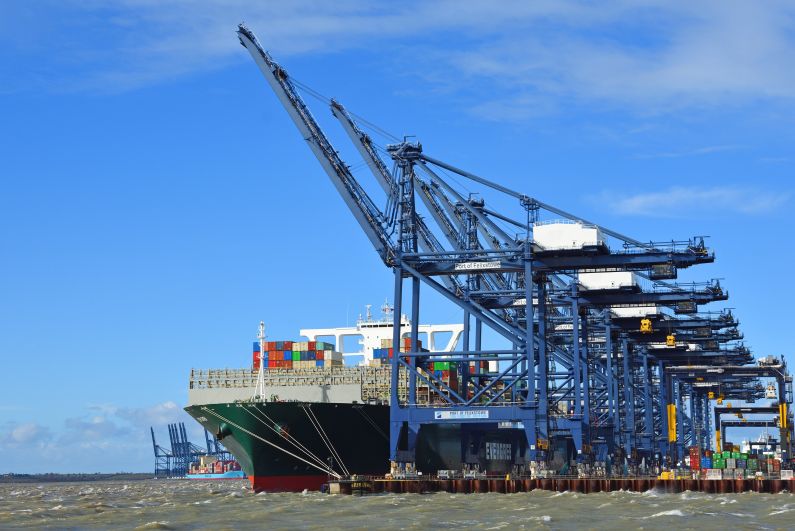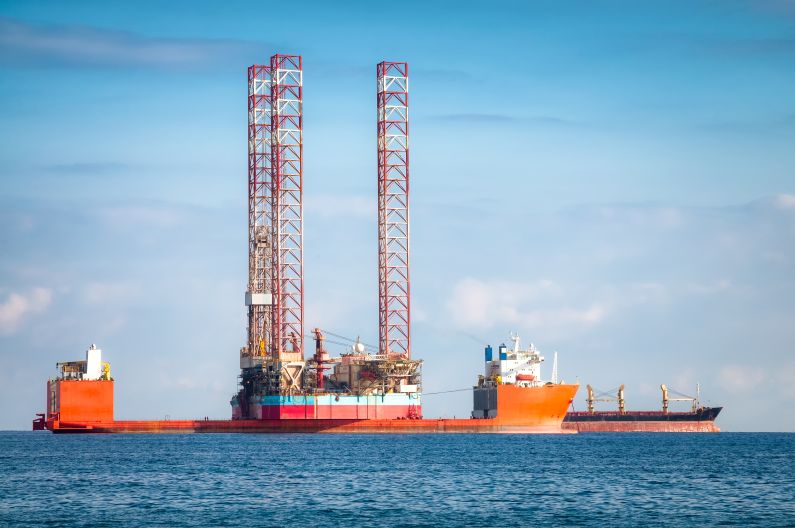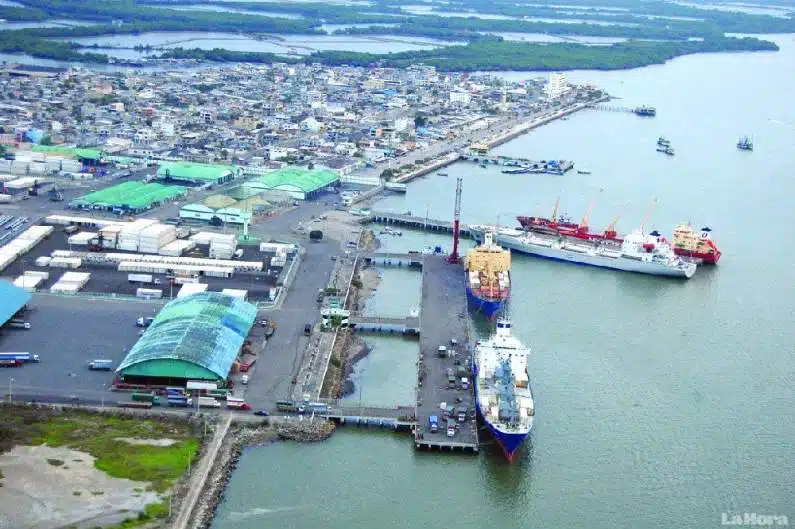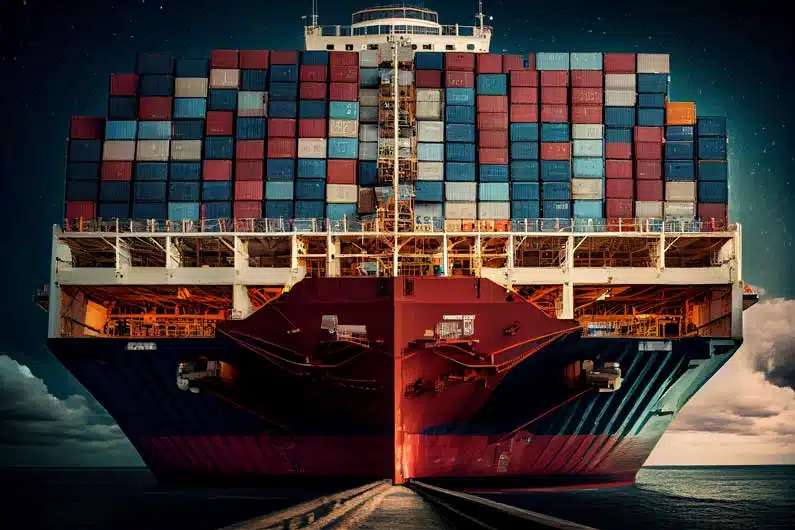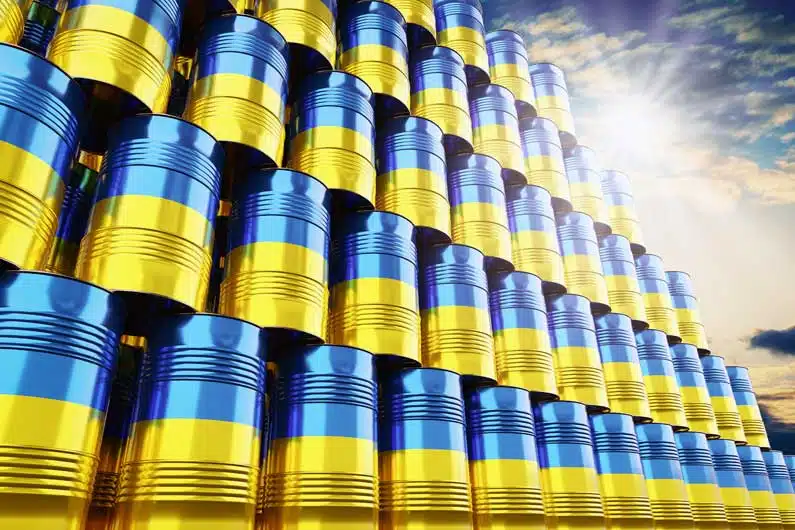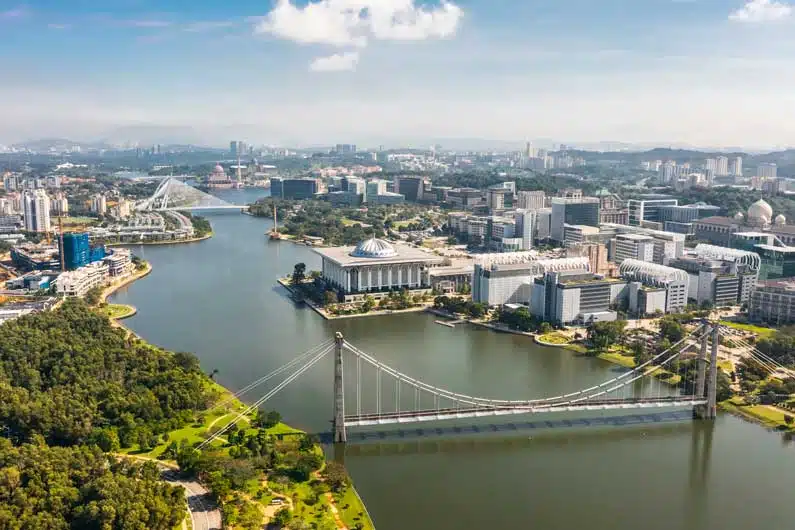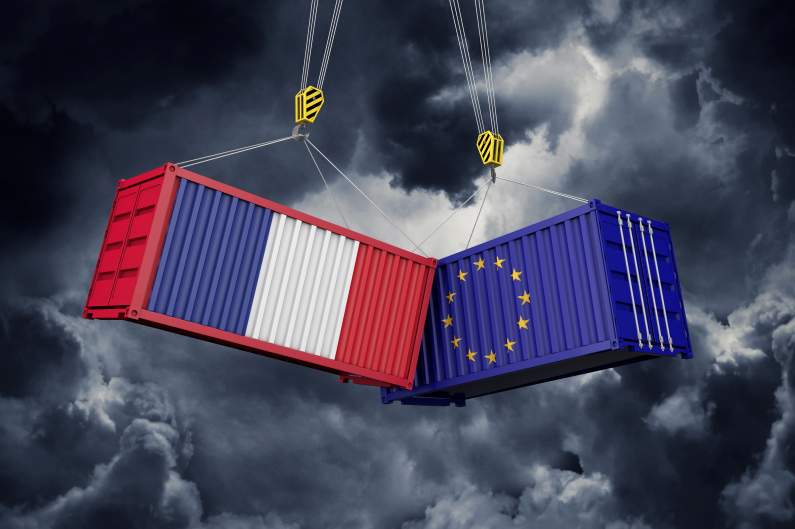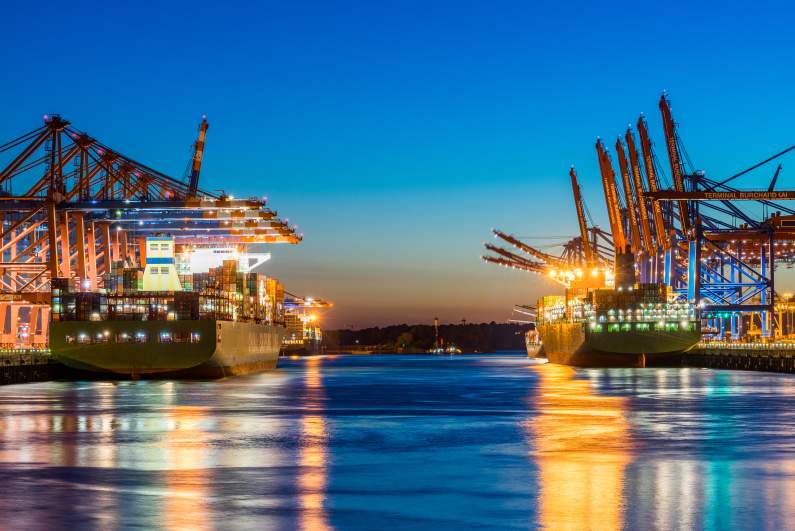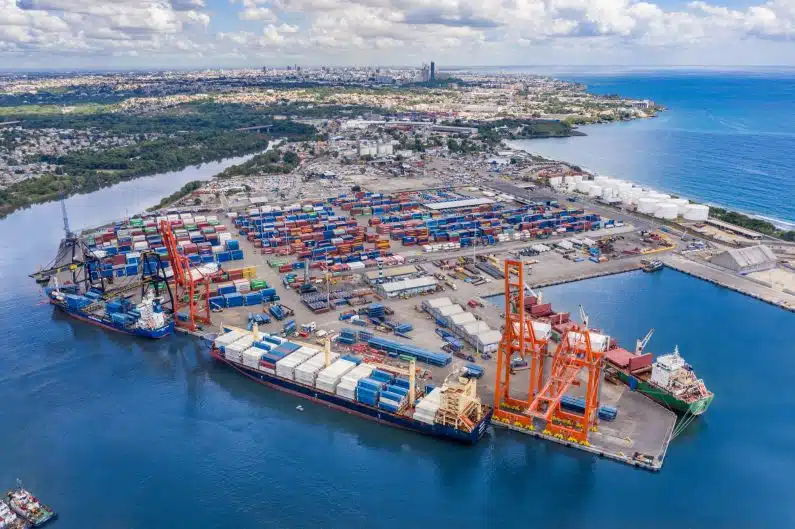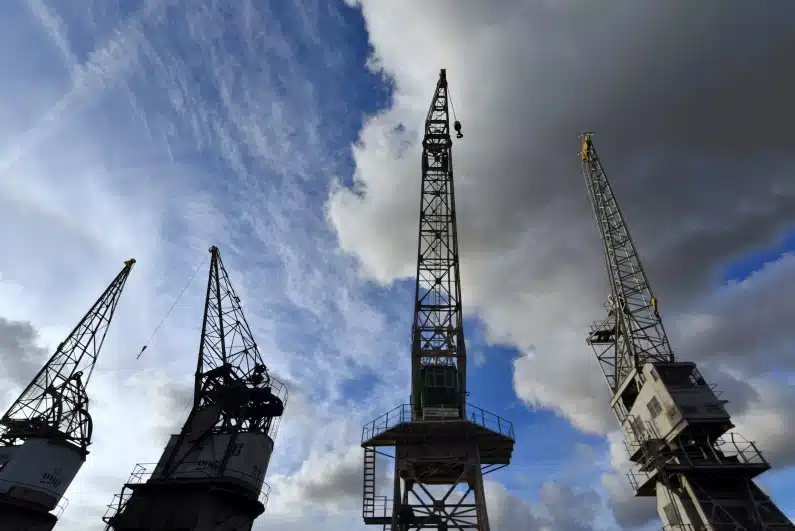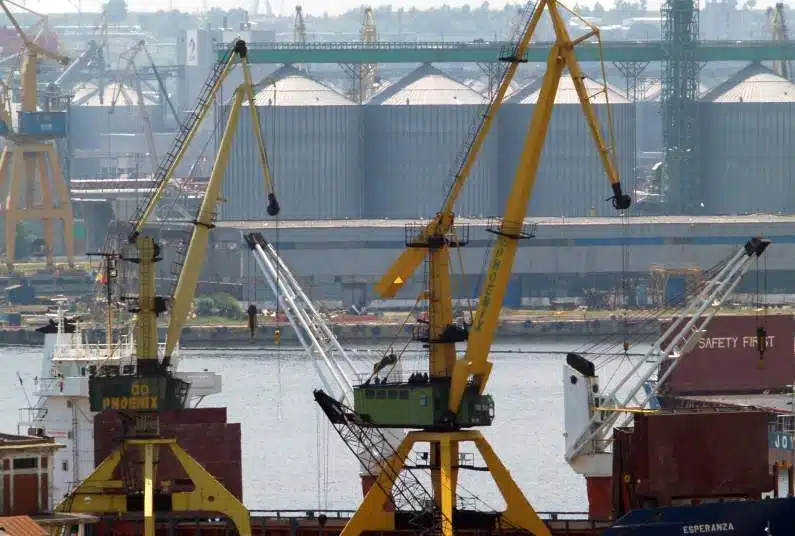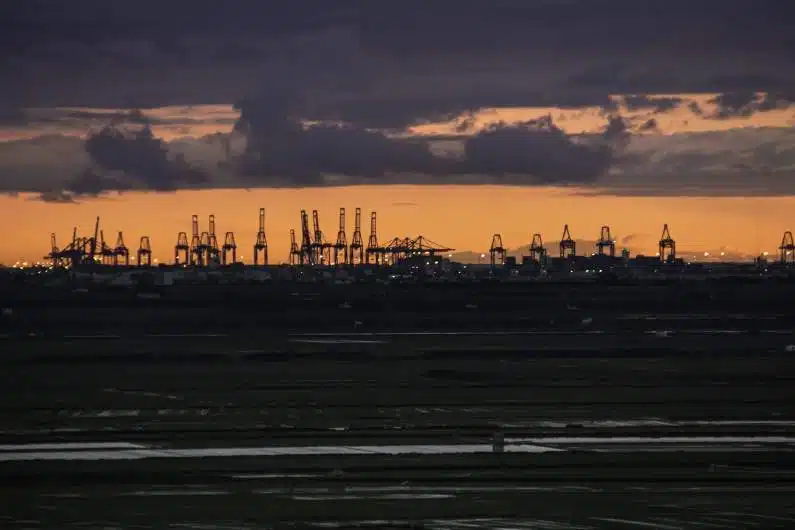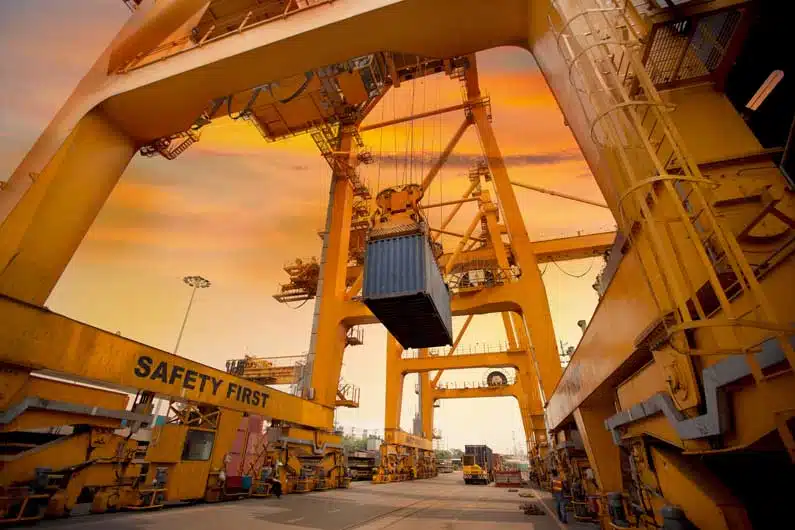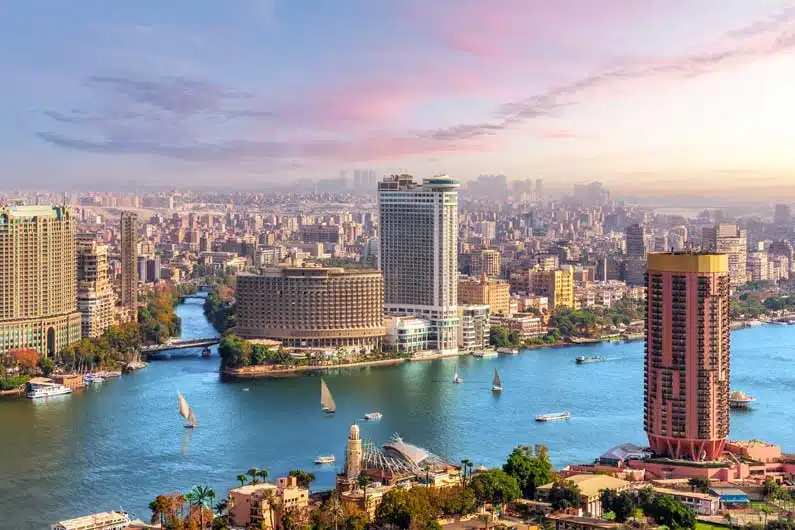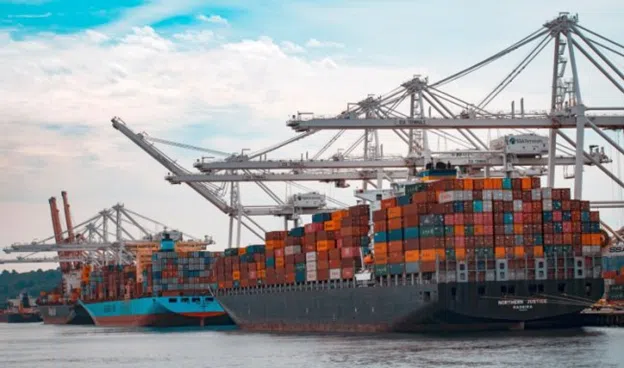Drill pipes serve as the backbone of the oil and gas industry, enabling the extraction of vital resources from the earth’s depths. As oil exploration and production activities span across the globe, efficient and secure shipping drill pipes become essential.
This article serves as a comprehensive guide, outlining the key considerations and steps involved in shipping drill pipes to various parts of the world, ensuring their safe and timely arrival at their destination.
Shipping Drill Pipes
In the dynamic realm of global energy production, the shipping of drill pipes holds high importance. As drill pipes serve as critical components in the oil and gas industry, their efficient transport to various parts of the world becomes essential for meeting global energy demands.
Shipping drill pipes is crucial for the oil and gas industry for several reasons. First and foremost, drill pipes are essential components in the drilling process, serving as conduits for drilling fluid and tools. Timely delivery ensures uninterrupted drilling operations, minimizing downtime and maximizing productivity.
Furthermore, the international reach of the oil and gas industry necessitates efficient logistics. Transporting drill pipes from manufacturing hubs to drilling sites worldwide requires a well-organized supply chain. Any delays or disruptions in the shipping process can result in substantial financial losses.
Meeting Global Energy Demands
The global demand for energy continues to rise, with countries relying on oil and gas to power industries, fuel transportation, and meet domestic needs. Shipping drill pipes plays a pivotal role in meeting these energy demands by facilitating the exploration and extraction of oil and gas reserves worldwide.
Drill pipes are essential tools used in the drilling process to reach hydrocarbon reservoirs deep beneath the earth’s surface. By ensuring the availability of drill pipes to different regions, the shipping industry enables the continued production of vital energy resources, supporting economic growth and the well-being of nations.
Enabling Resource Exploration
Shipping drill pipes to various parts of the world is instrumental in enabling resource exploration. As countries strive to identify and tap into new oil and gas reserves, advanced drilling technologies and equipment, including drill pipes, are indispensable.
By shipping drill pipes to exploration sites, the shipping industry provides the necessary tools for companies to conduct offshore and onshore drilling operations.
These operations pave the way for the discovery of new energy reserves, allowing countries to expand their resource base and ensure energy security.
Supporting Offshore Energy Projects
Offshore drilling projects, particularly in deepwater and ultra-deepwater locations, have become increasingly important for meeting global energy needs.
Shipping drill pipes to offshore sites is critical for supporting these projects, as drill pipes form the backbone of the drilling process in such challenging environments.
The transportation of drill pipes enables the installation of offshore drilling rigs and the efficient extraction of oil and gas reserves from beneath the seabed. This process not only supports offshore energy production but also creates opportunities for job creation and economic growth in coastal regions.
Driving Technological Advancements
Shipping drill pipes across the globe fosters technological advancements in the oil and gas industry. As drill pipes are transported to different regions, they bring with them advanced drilling technologies and innovations.
The exchange of expertise and equipment contributes to the development and dissemination of cutting-edge drilling techniques, enhancing efficiency, safety, and environmental sustainability in energy production.
By shipping drill pipes to various parts of the world, the industry drives continuous improvement and promotes collaboration among international energy stakeholders.
Stimulating Global Trade and Economic Growth
As drill pipes are manufactured in specific regions, their exportation to different countries stimulates trade and economic activity. Shipping drill pipes to diverse locations fosters global trade and economic growth. This process creates employment opportunities, supports local industries, and fosters technological exchange.
The shipping industry, acting as a facilitator, strengthens international relationships and contributes to the economic prosperity of both exporting and importing countries.
Understanding Drill Pipe Specifications
Before initiating the shipping process, it is essential to understand the specifications and dimensions of the drill pipes being transported.
Drill pipes come in various sizes, lengths, and grades, and their precise measurements determine the shipping requirements.
Familiarize yourself with the specific dimensions, weight limitations, and regulations pertaining to each destination to ensure compliance and seamless shipping of drill pipes to various locations.
Packaging and Protection
The safety of shipping drill pipes is in relation to the appropriate packaging and protection measures taken place. Begin by cleaning and inspecting the pipes, removing any dirt, debris, or contaminants.
Consider applying a rust inhibitor or protective coating to prevent corrosion during transit. Then, securely package the pipes using robust materials such as steel frames, wooden crates, or plastic casing.
Use appropriate padding and cushioning materials to absorb shocks and vibrations, ensuring the integrity of the pipes throughout the journey.
Documentation and Compliance
Shipping drill pipes involves adhering to international trade regulations and obtaining the necessary documentation. Key documents may include commercial invoices, packing lists, bills of lading, and customs declarations.
Familiarize yourself with the specific documentation requirements of each destination country, ensuring accuracy and completeness to facilitate smooth customs clearance and compliance with import/export regulations.
Selecting an Appropriate Shipping Method
Choosing the right shipping method is essential to ensure the safe and cost-effective transport of drill pipes.
The two primary options are air freight and sea freight. Air freight offers faster transit times, making it suitable for urgent shipments or shorter distances. However, it can be more expensive. Sea freight, on the other hand, is often more cost-effective for long-distance shipments.
Consider factors such as budget, urgency, destination, and the volume of drill pipes when selecting the most suitable shipping method.
Partnering With Texas International Freight
To navigate the complexities of international shipping, it is advisable to engage the services of a reputable freight forwarder with expertise in handling oil equipment, such as Texas international Freight.
Texas International Freight will ensure seamless coordination of logistics, documentation, customs clearance, and transportation. We will provide valuable guidance, optimize routes, and handle the intricacies of international regulations, ensuring the smooth and efficient process of shipping drill pipes to various parts of the world.
Insurance Coverage
To mitigate the risks associated with shipping, it is prudent to obtain comprehensive insurance coverage for the drill pipes. Cargo insurance safeguards against potential damage, loss, or theft during transportation.
Consult with insurance providers specializing in international shipping to identify suitable coverage options based on the value, volume, and destination of the drill pipes.
Tracking and Monitoring
Throughout the shipping process, tracking and monitoring the drill pipes’ progress is essential to ensure their safe and timely arrival. Utilize tracking technologies offered by Texas International Freight to monitor the location and status of the shipment.
Regularly communicate with the freight forwarder for updates and real-time information, enabling proactive measures to address any potential issues that may arise when shipping drill pipes.
The Role of Shipping Drill Pipes Globally
Shipping drill pipes to various parts of the world plays an integral role in meeting global energy demands, enabling resource exploration, supporting offshore energy projects, driving technological advancements, and stimulating global trade and economic growth.
By ensuring the availability of drill pipes in different regions, the shipping industry supports the continuous production of oil and gas, sustains economic development, and drives advancements in the energy sector.
As the world’s energy needs continue to evolve, the shipping of drill pipes remains a vital link, connecting nations and fueling global energy exploration and production.

